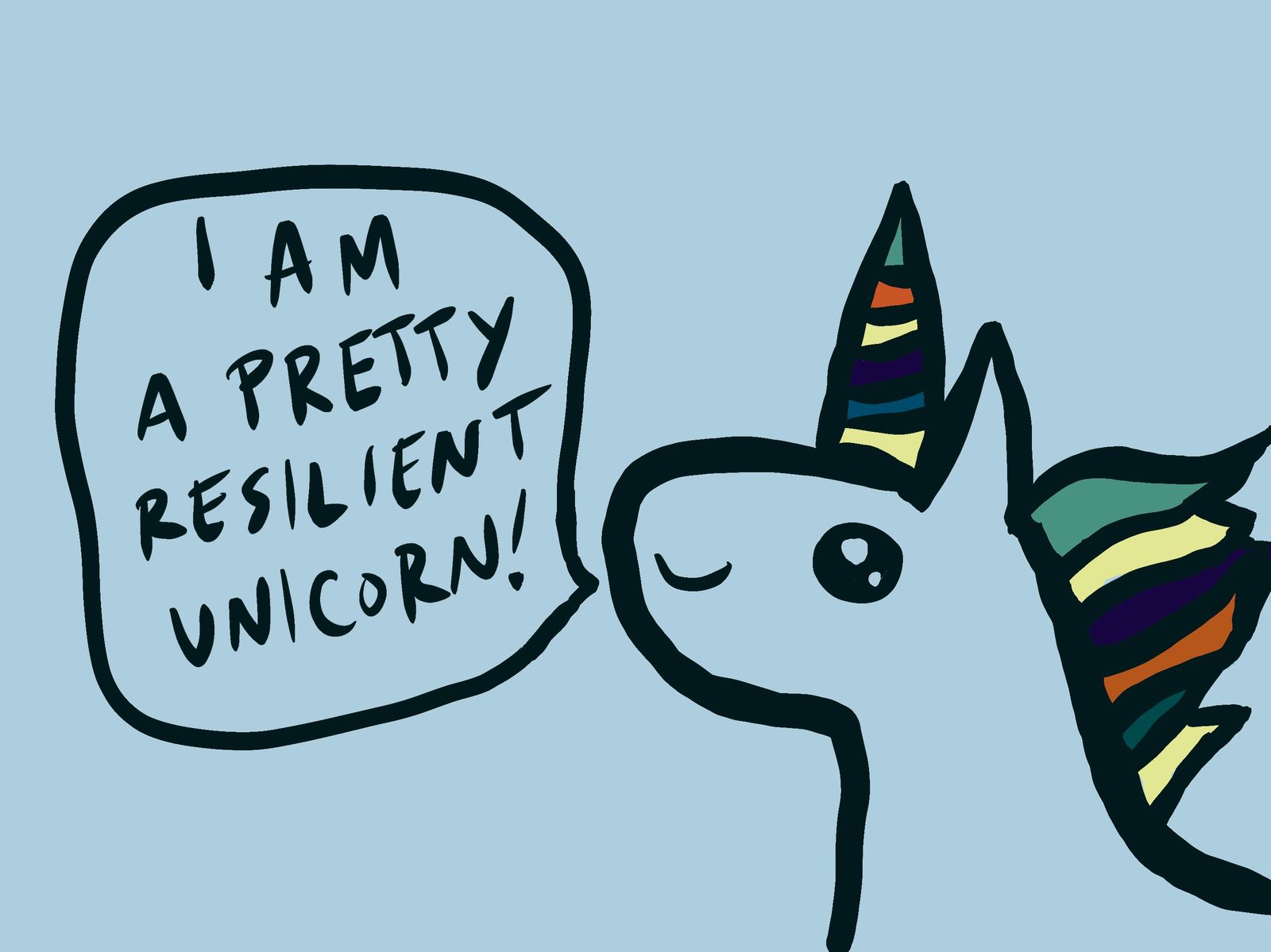There is a pond behind our house. Between lessons, the kids and I make pilgramages there to see what we can see: dragonflies making infinity signs in the air; tadpoles changing into frogs in sunlit, shallow pools; box turtles sunning themselves. The wild geese just had goslings and are wilder than ever. Sometimes a rusty-tailed Cooper's Hawk swoops down, or the great blue heron, who is feeding, startles and takes flight. And we watch, agape in wonder. We notice the seasons change: The daisies are up, the blackberry bushes have lost their white flowers, it's almost time for berry-picking, if we can stand the scrapes from the brambles.
We walk toward the pond always with a sense of expectancy--something interesting will be there. Something familiar, but unexpected. The pond demands our full attention: it demands that we are unhurried, that we listen very closely to everything around us, especially each other.
This week, I walked with each of my children to the pond. We walked hand-in-hand, they shared themselves with me: their hopes, dreams, their big inner battles, how to solve a rubic's cube. I told them the little I know about life: that what you focus on grows, that you can serve either love or fear but never both. I tell them my favorite poem, Wild Geese by Mary Oliver, while geese descend in a graceful arc on the water, rivulets of water rippling out behind them like arrows.
Our walks to the pond create time and space for spontaneous interaction I hadn't planned. This is sacred. This is the bedrock of relationship. This is what God wants from us when we worship, this is what my children want from me, this is often what I want from myself: An attentive, unhurried mode of approach that's on the look out for what's new and what's good and what's dying as seasons change. This is the essence of spiritual practice, the daily practice of presence.





